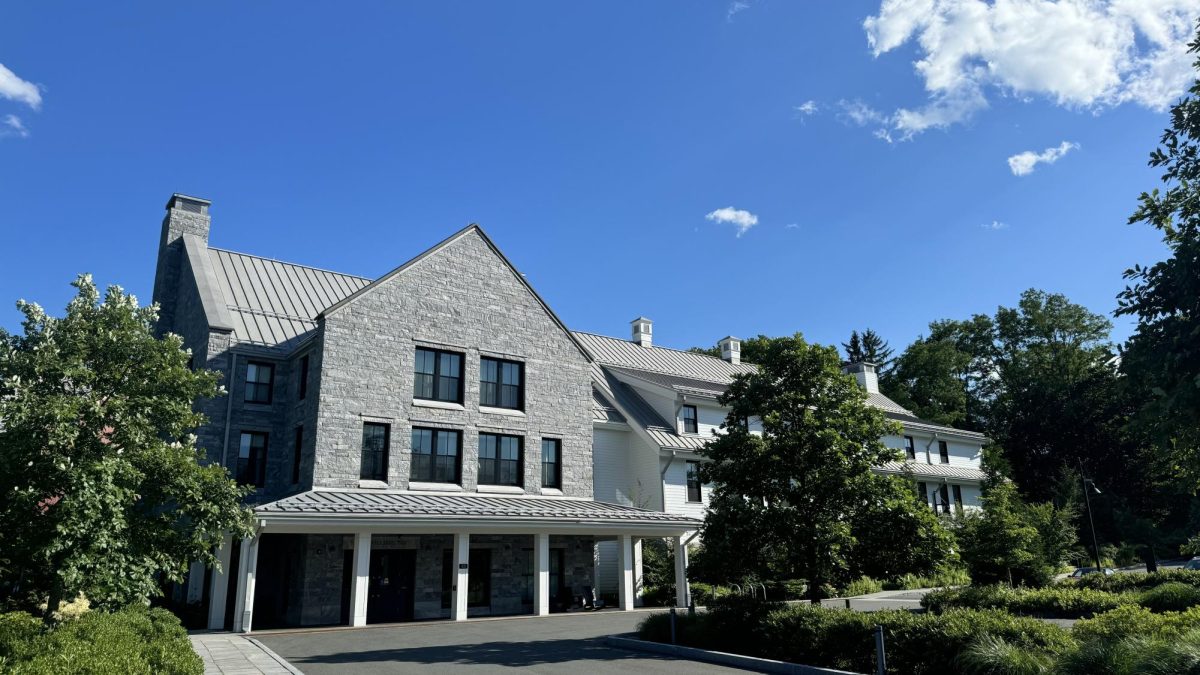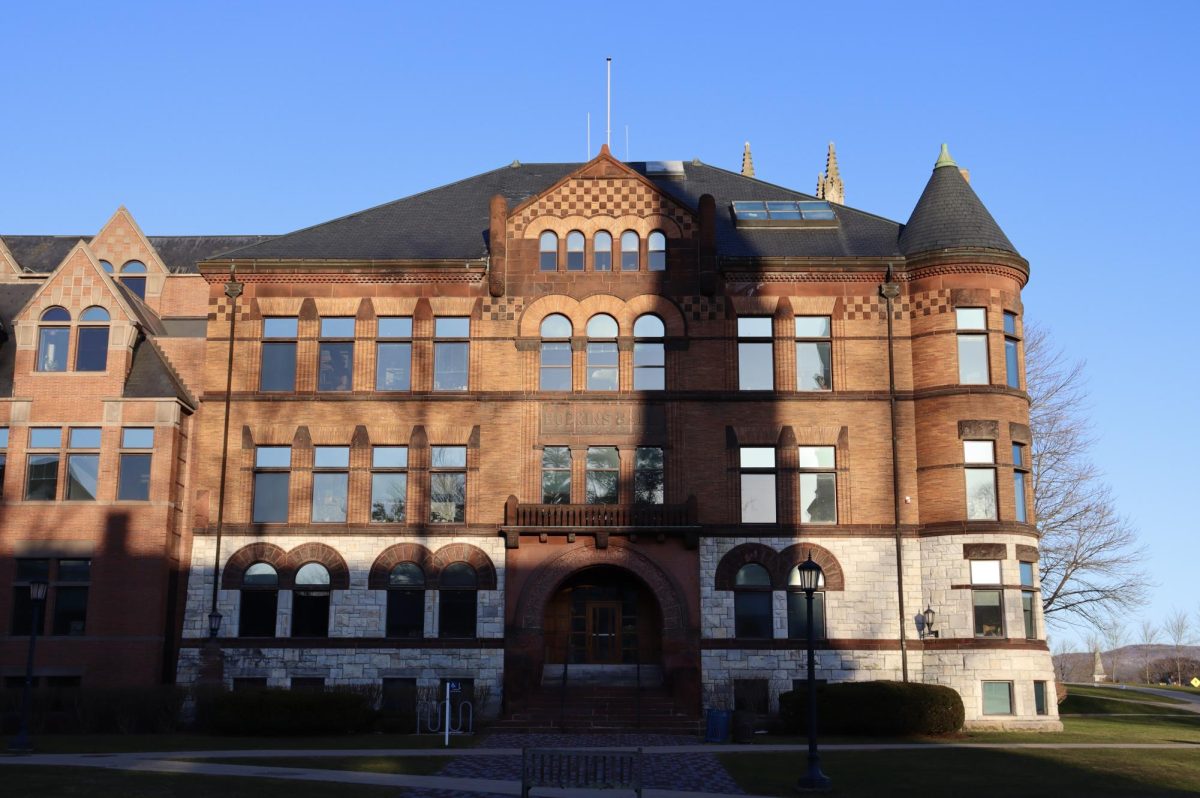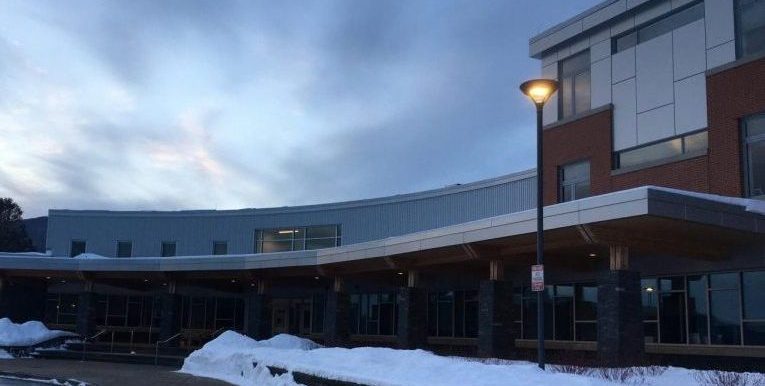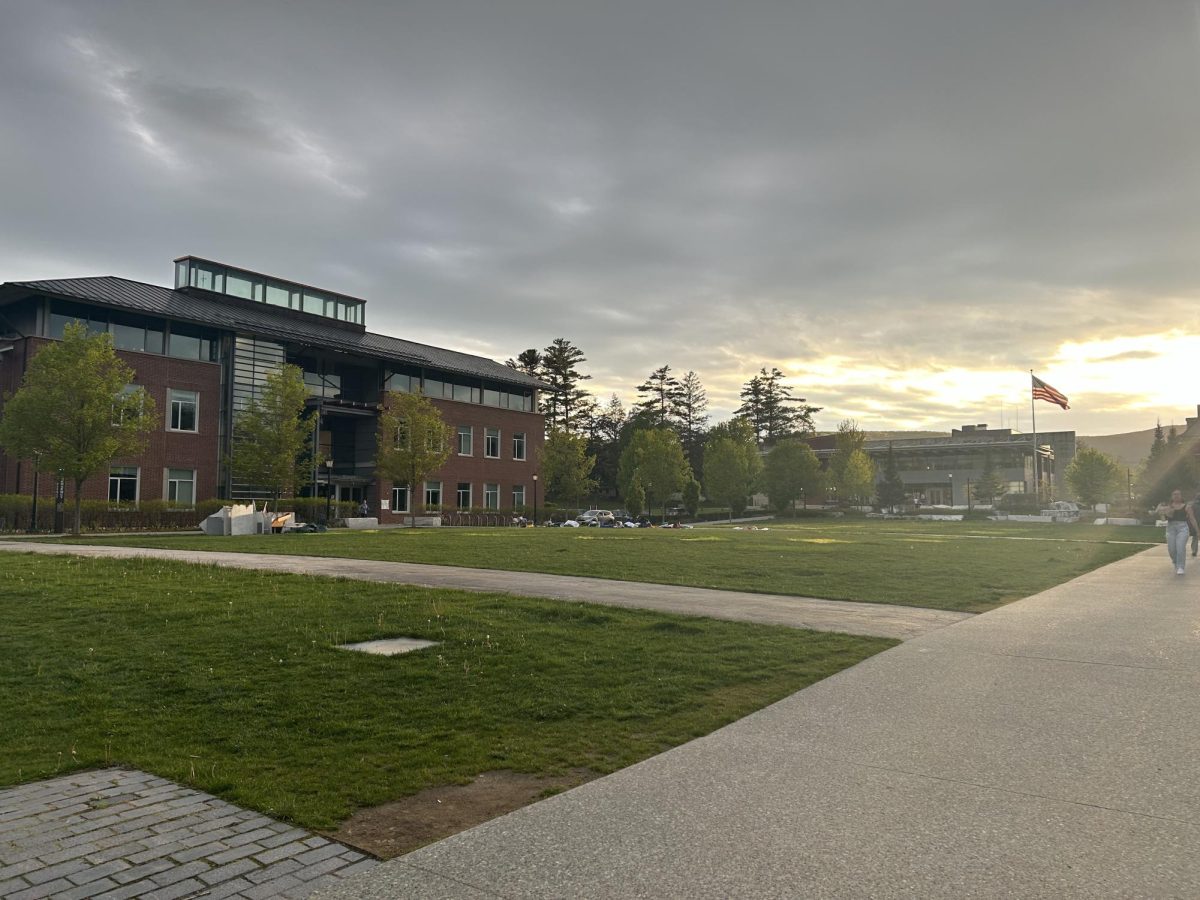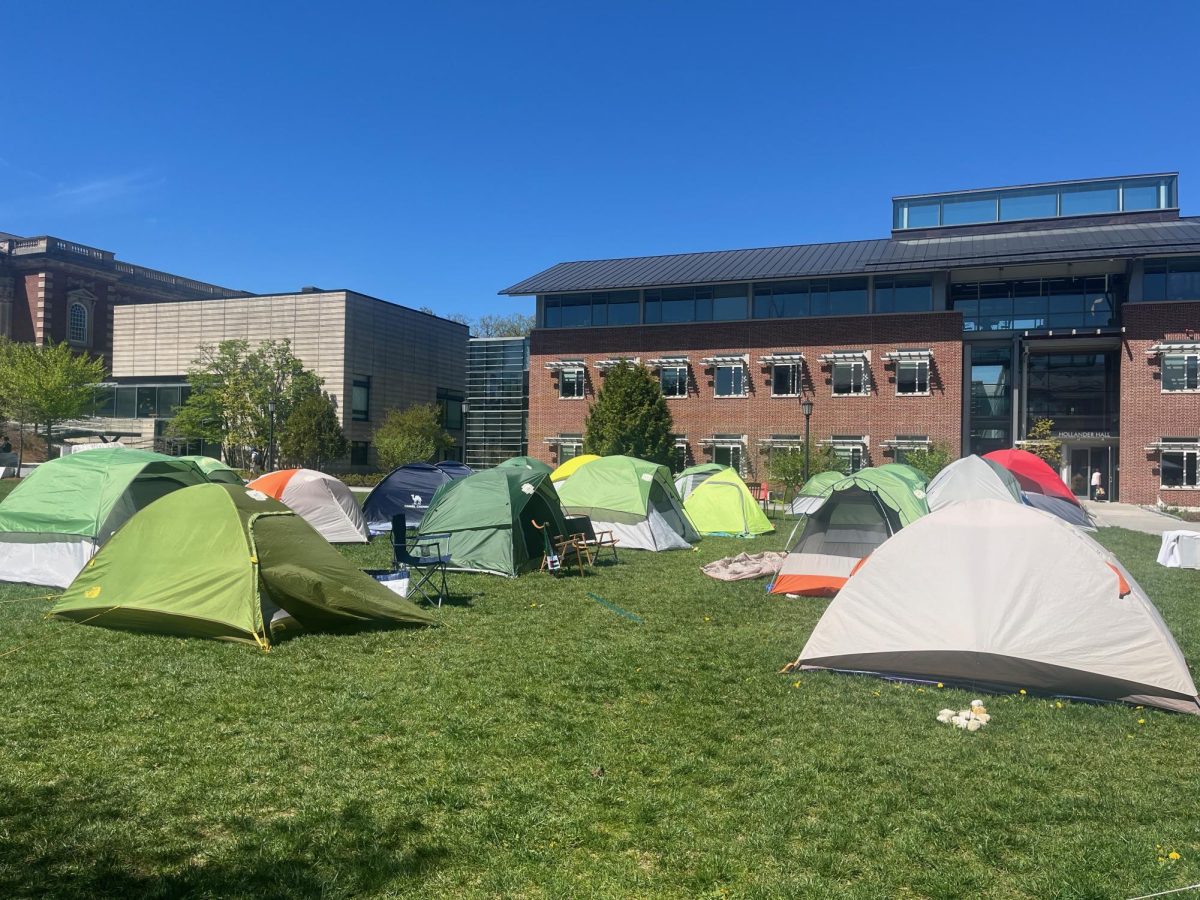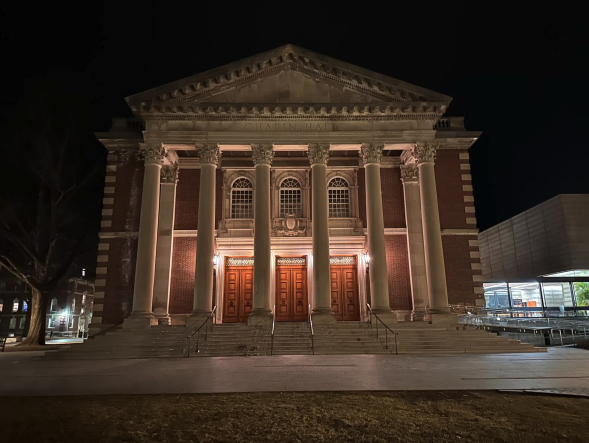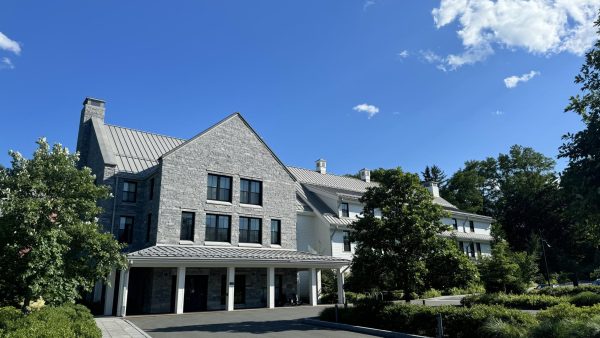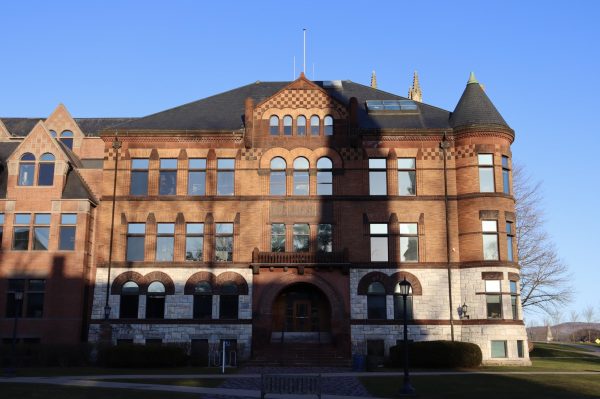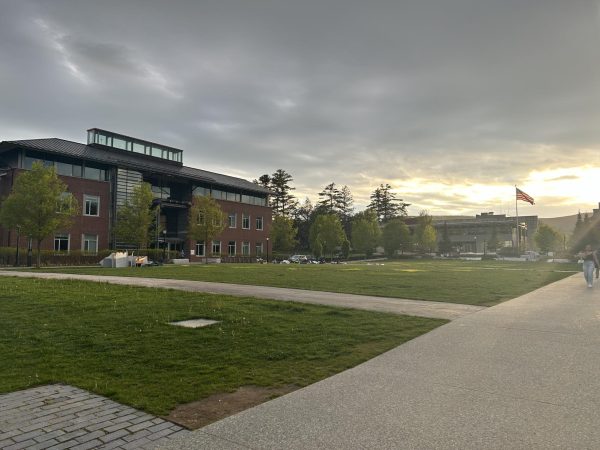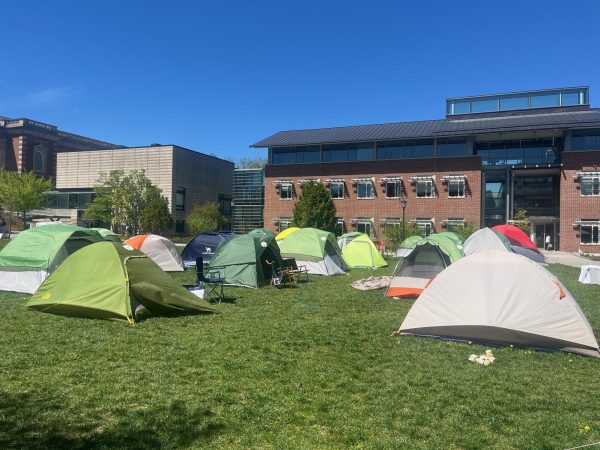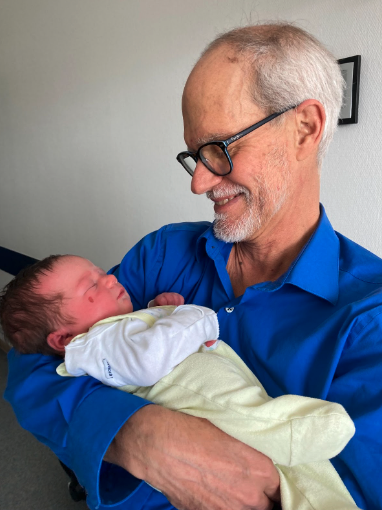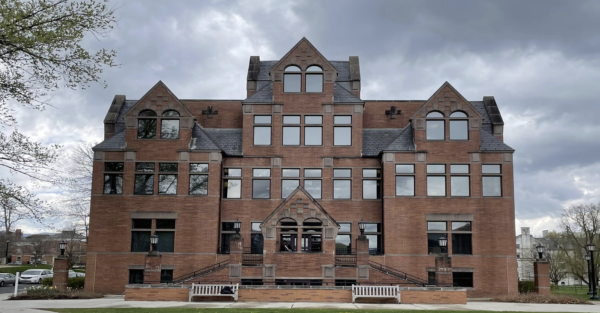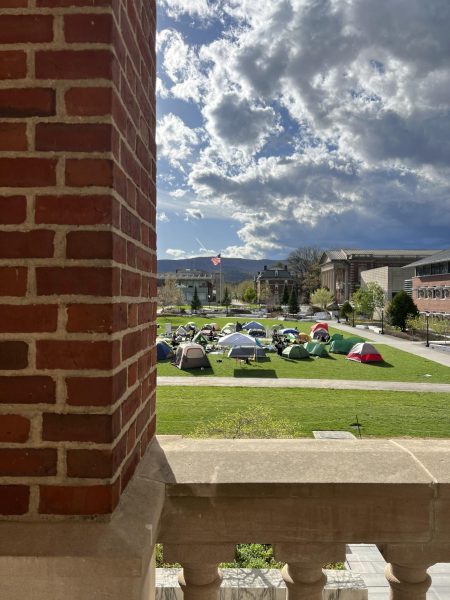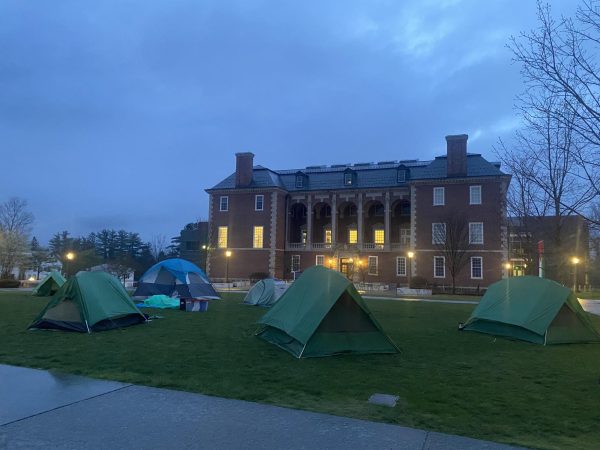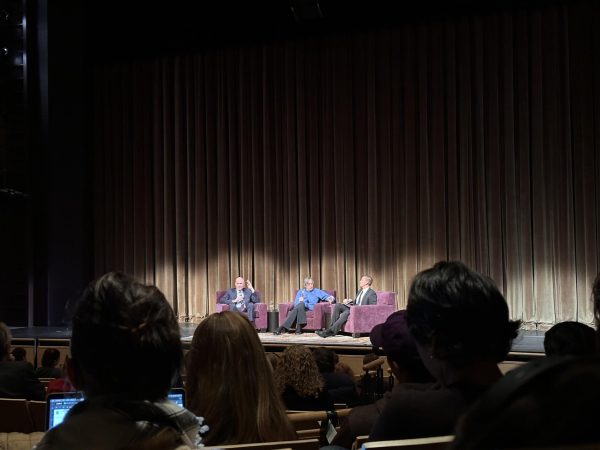Theatre department postpones Summer Intensive Training Program due to impending budget cuts
April 12, 2023
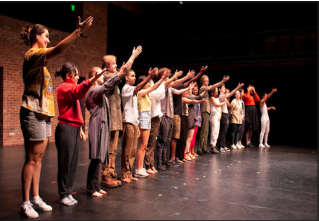
The theatre department has suspended the Summer Intensive Training Program (SITP), a collaboration between the College and Williamstown Theatre Festival (WTF), for 2023, Chair of the Theatre Department Omar Sangare announced in an email to the theatre department on Feb. 27.
According to Sangare’s email, the department postponed the program “due to budget constraints across campus.” Although WTF performs its shows at the College and has offered professional positions open to undergraduate students, SITP was the first in-person, direct collaboration between WTF and the College that guaranteed positions at the festival for Williams students. In the email to the theatre department, Sangare said that the department hopes to reinstate SITP in the coming years.
In an interview with the Record, Sangare said discussions within the theater department led to reallocations prioritizing funding for existing projects, student-led thesis productions, and the annual departmental production.
“Within our department, there was discussion on how to move forward without giving up on ongoing projects — such as seminars, workshops, and supporting students for their individual projects — and also consideration that we have to save a large portion of our budget for our departmental production,” he said. “As we looked at the numbers, we realized that … we could not financially afford to promise and deliver the quality that we wished to give [SITP].”
Sangare said he established SITP to provide experiential and theoretical theatre experiences that were not available during the COVID-19 pandemic and to meet existing student demand for professional opportunities. “That was a time when students were really facing difficulties in getting admitted into other programs around the country, and then globally, because we were just coming out after trying times,” he said. In summer 2021, all sessions were held on Zoom through STUDIO’62, the precursor to SITP led by Sangare hosted solely by the College.
Last year, SITP saw its inaugural in-person implementation, led by WTF Interim Artistic Director Jenny Gersten and Kevin O’Rourke, the career program director and mentor at the theatre department at the College. The seven-week program served a cohort of 20 undergraduate students, half of whom were recruited from the College, and half of whom were recruited by WTF from other organizations. The program emphasized hands-on, experiential learning in professional departments at WTF, mentorship by theatre professionals and visiting artists, and the opportunity to create a final project showcased for the WTF audience. According to the WTF website, SITP supported participants with room, board, round-trip transportation within the U.S., and a stipend of $2,500.
The postponement comes at a time of broad restructuring for WTF. A strategic plan led by the WTF board and My Purple Crayon Consulting will reexamine parts of WTF’s economic model, Gersten announced in a March 23 strategic plan update. “The season is going to feel very different — Williamstown Theater Festival’s economic model, or the way we operate, is steeped in a summer stock tradition that is no longer viable,” she stated. “In addition, performing arts organizations around the country are struggling. We’re seeing the cost of labor and materials go up, and attendance is reduced.”
The Festival will feature a season with a “smaller footprint” than previous ones in order conserve resources, Gersten said. According to her announcement, WTF will provide updates as the plan progresses over the coming months.
However, Sangare emphasized that the cancellation of SITP was unrelated to organizational changes undertaken by WTF, which funded SITP along with the theatre department. Sangare stated that the theatre department could not meet its share of the funding due to budget constraints within the department. “WTF and the theatre department shared financial responsibility in years prior.” Sangare said of SITP. “This year, however, we are unable to contribute a sufficient amount required for making the program possible,” said Sangare.
According to students who participated in the program last year, SITP was well-received, in part due to opportunities for students to connect with theatre professionals. Wesley Ahn, a senior at Drew University who participated in the program last summer, said SITP provided him with the opportunity to work alongside visiting playwrights and other professionals who led workshops at WTF. “That was one of the best summers — I really felt empowered and encouraged by the program,” he continued. “I accumulated a lot of really useful experience. The way that the program was structured toed the line between classroom lab setting and pre-professional work experience really well.”
The program’s suspension came as a surprise to Ahn. “I had applied for something of this nature at Williams and Williamstown Theatre Festival because I had known them to be more well-funded in comparison to my college,” he said. “I think it’s disheartening to know that budget cuts are happening so universally and that [SITP] would be something that had to go.”
Sari Klainberg ’25, who participated in SITP last summer, also anticipated that the program would continue to develop after its inaugural in-person session “It wasn’t a perfect program, but I found it very beneficial, and I feel quite nostalgic for the people I got to live and work with,” she said. “I was under the impression that it would be something that we were test-running, and that we would get a model that would hopefully continue.”
Still, Sangare emphasized that the theatre department hopes to reinstate SITP in the coming years. “Seeing students after the first year, and how rewarding it was for many — especially giving our students possibilities to work with other students from WTF — was going beyond professional training,” he said. “The goal is still to stay in touch, and to make sure that [SITP] can be further developed.”


